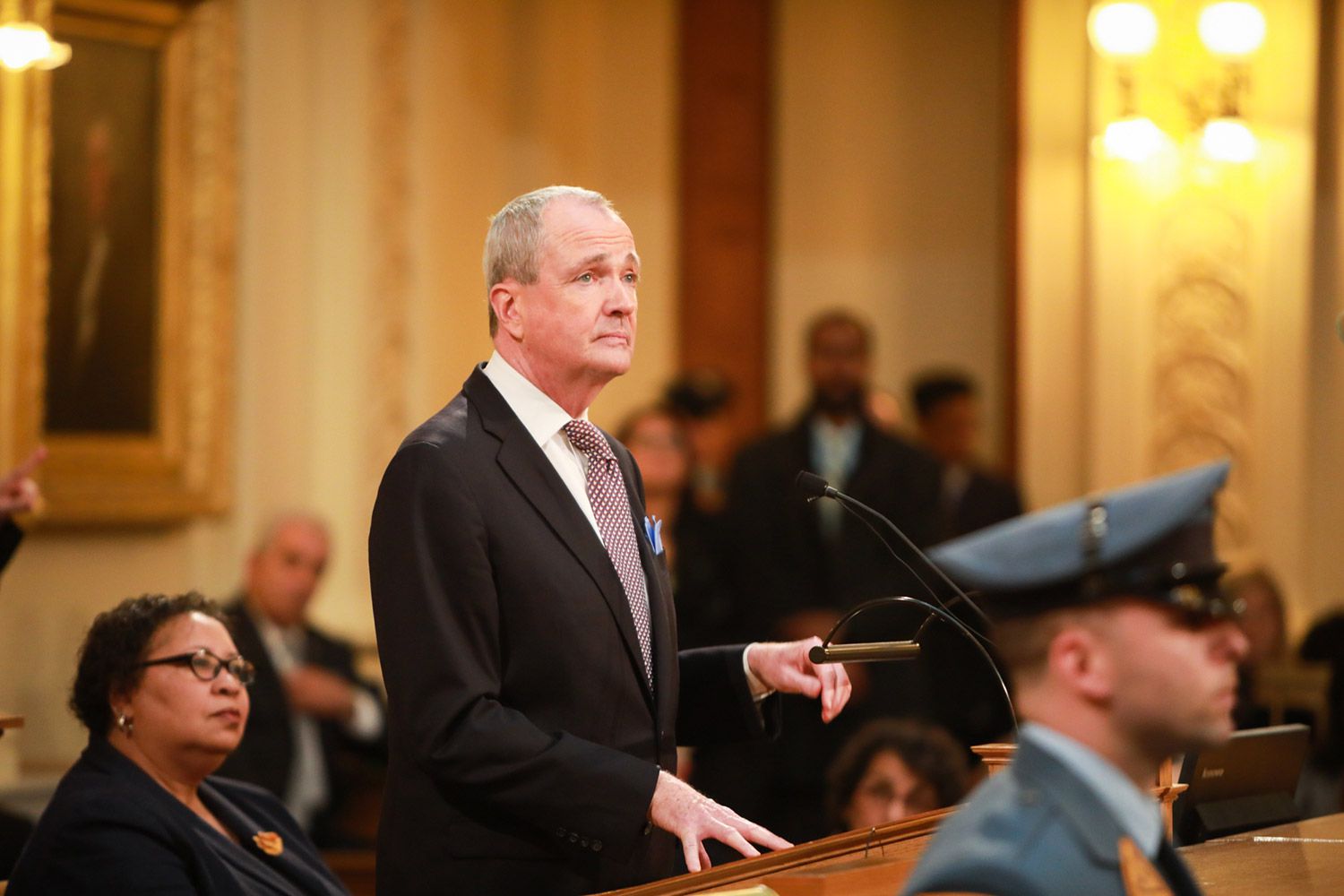New Jersey Governor Phil Murphy’s administration has significantly narrowed the scope of a state law targeting businesses affiliated with Russia, following a federal court defeat. The revised approach essentially aligns with existing federal sanctions, rendering the original attempt by Murphy and lawmakers to penalize Russia for its 2022 invasion of Ukraine largely ineffective. The initial law, characterized by its broad reach, faced legal challenges, particularly affecting companies with Russian subsidiaries. However, after a court ruling favoring Kyocera, a Japanese electronics company’s American subsidiary, the state decided to adopt a more restrained interpretation. Now, New Jersey’s sanctions list will mirror the U.S. Treasury’s list for Russia or Belarus. This adjusted strategy essentially mandates that state agencies adhere to federal law, presenting a narrower and more practical interpretation. The Murphy administration opted not to challenge the court ruling, acknowledging the legal complexities observed in similar laws in other states. Notably, companies like JPMorgan Chase, Xerox, and a major turf field supplier, initially in the crosshairs for potential state-level sanctions, are now exempt from such concerns. This shift underscores the recognition that states are already obligated to refrain from engaging in business with federally sanctioned individuals or entities. The legislative process, marked by swift introduction and enactment, reflects the intricate challenges and legal constraints associated with state-level sanctions initiatives.
















































